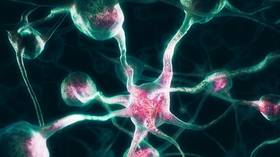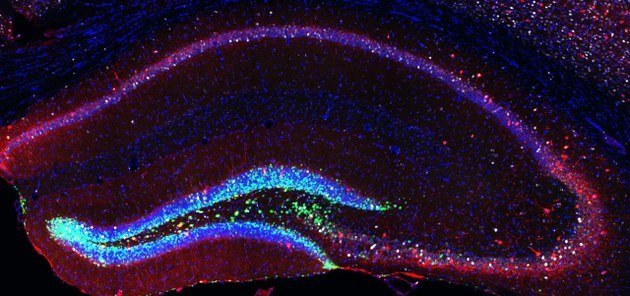Game-changing new stem cell treatment REVERSES aging in mouse brains

In what could prove to be a game changer for us humans, scientists have discovered how to make old brains young and young brains stronger and more effective using targeted stem cell therapy on mice.
The team wanted to investigate if increasing the number of stem cells in the brain would help in recovering cognitive functions, like learning and memory, that had worsened or had been lost entirely during the aging process.
To do so, researchers from TU Dresden’s Center for Regenerative Therapies used a method to stimulate and increase the number of neural stem cells located in the brains of mice and thus increase the number of neurons they generate.
Much to their surprise, the newly generated neurons survived and formed new contacts in neighboring brain cells. To put these freshly minted neurons to the test, the boffins then tested the navigational abilities of the test subject mice.

Mice and humans develop strategies for navigation in much the same way: when both species are young, our brains build and remember cognitive maps of an environment. As we age, however, this ability fades significantly.
Older mammalian brains must instead learn the list of detailed navigational steps to reach a target destination within an environment with little to no access to the overall cognitive map. This means that, should the starting point change in the same environment, it would take far longer to navigate to the end destination.
By stimulating the neural stem cells in their brains, the old mice in the study successfully recovered their cognitive mapping ability, and remembered the layout of a given environment for far longer, effectively reversing the effects of the aging process on this particular skill.
Also on rt.com Quick as a FLASH! Scientists find way to deliver ENTIRE COURSE of cancer treatment in less than a second“Age-related impairments can be rescued by hijacking the endogenous neurogenic potential of the brain, thus, rejuvenating its function,” explained Professor Federico Calegari, senior author of the study.
The researchers took it one step further and carried out the same neural stem cell stimulation treatment on the brains of young mice and found that cognitive impairments were delayed and memory was preserved for longer over the course of their lives.
A part of the brain known as the hippocampus is crucial for remembering places and events but this degrades over time and, as a result, older brains use other structures that are more closely associated with habit-forming. The researchers now believe they can delay this switch and thus improve overall cognition throughout an animal’s lifespan, though this treatment is of course some time away from human trials.
Also on rt.com ‘Eureka moment’: Scientists discover new neural activity suggesting our brains are even more powerful than we thinkThink your friends would be interested? Share this story!














